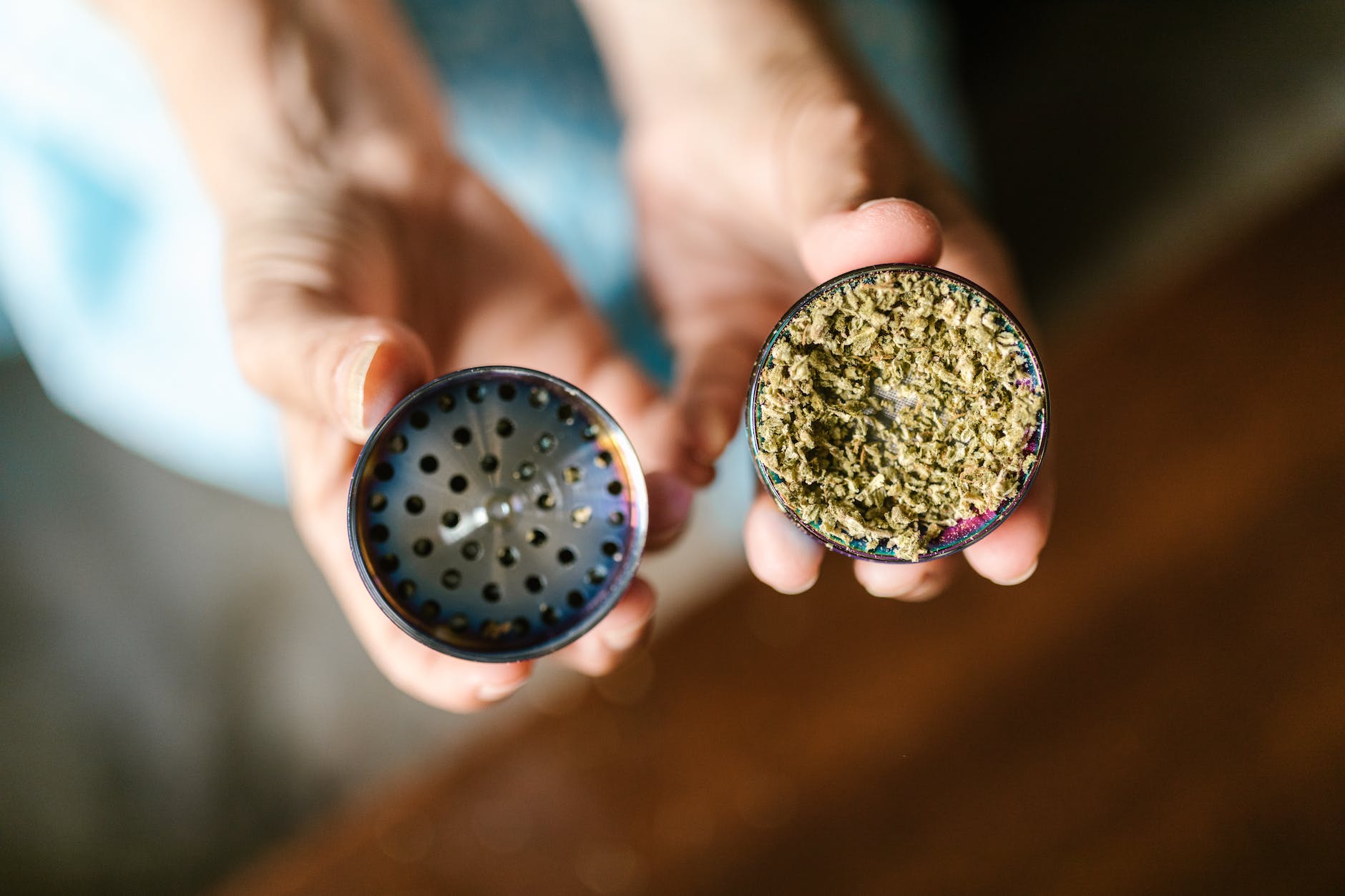CBD Dosage: How Much Should You Take?

In recent years, CBD has become increasingly popular for its potential health benefits. From addressing anxiety to relieving chronic pain, CBD’s therapeutic potential has many people curious about the correct dosage to achieve the desired effects. In this article, we will explore the various factors that impact the ideal CBD dosage and provide some guidelines for finding your optimal dose.
CBD, or cannabidiol, is one of the over 100 cannabinoids found in cannabis plants. Unlike THC, CBD is non-psychoactive, meaning it doesn’t cause a “high.” CBD is believed to interact with our body’s endocannabinoid system, which has a crucial role in maintaining overall homeostasis and influencing various biological processes such as neurotransmitter function, immune responses, and inflammation. To understand the appropriate dosage, it’s essential to consider multiple factors, including individual variation, the method of consumption, and the desired effects.
Bioavailability is a crucial factor to consider when determining the optimal CBD dosage. Bioavailability refers to the amount of CBD that actually enters your bloodstream, which can vary depending on the mode of consumption. Currently, there are four main methods of consuming CBD: tinctures, edibles, topicals, and vaping.
Tinctures are typically consumed by placing a few drops under the tongue, allowing the CBD to be absorbed directly into the bloodstream through the oral mucosa. This method has the highest bioavailability, ranging from 12% to 35%, and allows for quicker results.
Edibles, such as gummies, capsules, or snacks, are another popular method for consuming CBD, but their bioavailability is lower due to the first-pass effect, where the CBD must be processed through the liver before entering the bloodstream. This method has an estimated bioavailability of 4% to 20%, meaning you may need to consume more CBD to achieve the desired effects.
Topicals, such as creams, lotions, and salves, are applied directly to the skin and bypass the liver. CBD can be absorbed through the skin and interact with local cannabinoid receptors, providing localized relief for issues like inflammation or pain. However, the bioavailability of topicals is hard to measure due to their site-specific nature.
Vaping, or vaporizing, CBD has a rapid onset of effects, but its bioavailability is still subject to debate, with some studies suggesting a range of 34% to 56% and others citing lower rates. Vaping is also not recommended for everyone due to the potential health risks associated with inhaling vaporized substances.
As a beginner, it’s essential to start with low doses and slowly increase them, a strategy known as “microdosing.” Microdosing involves consuming small amounts of CBD several times throughout the day, allowing for a steady, more consistent effect while also mitigating potential side effects. This process helps establish an individualized dosing regimen that works best for you.
Considering the wide variation in individual response to CBD, there is no universal dosage recommendation. The optimal dosage will depend on factors such as your weight, metabolism, genetics, and the severity of your condition. Some general guidelines are as follows:
– For general wellness, a dose of 2.5-5 mg of CBD per day can be a good starting point.
– For mild to moderate issues, 10-20 mg of CBD per day might be appropriate.
– For more severe conditions or high levels of pain, 40-60 mg of CBD per day may be necessary.
It’s crucial to remember that consistency is key when it comes to CBD dosing. Ensuring that you maintain a consistent regimen will help you determine the most effective dosage for your specific needs. Additionally, always consult with a healthcare professional, particularly if you are taking any medications or have pre-existing conditions, as CBD may interfere with certain medications.
In conclusion, CBD dosage can be a complex and individualized matter influenced by various factors, including bioavailability, method of consumption, and individual response. Starting with a low dose and gradually increasing it while observing how your body responds is the best approach to finding your optimal CBD dosage.
In recent years, CBD has become increasingly popular for its potential health benefits. From addressing anxiety to relieving chronic pain, CBD’s therapeutic potential has many people curious about the correct dosage to achieve the desired effects. In this article, we will explore the various factors that impact the ideal CBD dosage and provide some guidelines…
Recent Posts
- The Emerging Frontiers: The Future of CBD Research and Development
- CBD and Sleep: Unraveling the Beneficial Effects of Cannabidiol on Insomnia
- Embracing the Renaissance: CBD in Skincare and the Latest Trends
- Exploring the Multifaceted Methods of Consuming CBD
- Exploring the Benefits and Safety of CBD for Pets
Recent Comments
Categories
- Alternative and Natural Health Remedies
- Alternative Health and Wellness
- Alternative Medicine and Pain Management
- Beauty and Skincare
- Beauty and Wellness
- CBD and Health
- CBD and Law
- CBD and Mental Health
- CBD Consumption
- CBD Education & Research
- CBD Laws Worldwide
- CBD Legalities and Regulations
- CBD Legality
- CBD Products
- Cooking and Wellness
- Fitness and Wellness
- Health and Beauty
- Health and Fitness
- Health and Fitness, CBD Use
- Health and Law
- Health and Science
- Health and Skincare
- Health and Sports
- Health and Wellness
- Health and Wellness, Skincare
- Healthcare and Wellness
- International Law
- Law and Cannabis Industry
- Law and Regulations
- Law, Health, and Regulations
- Legal
- Legal Regulations on CBD
- Legal Resources
- Legal/CBD Industry
- Legal/Fitness & Health
- Mental Health and Wellness
- Mental Health, Natural Remedies
- Natural Remedies
- Natural Remedies and Alternative Medicine
- Pet Care and CBD
- Pet Health and Wellness
- Pet Wellness/Animal Health
- Science and Health
- Science, Health and Wellness
- Skin Care and Wellness
- Skin Health & Wellness
- Skincare – Natural Remedies
- Skincare and Beauty
- Skincare and Wellness
- skincare, beauty, CBD, wellness
- Sleep Health and Wellness
- Uncategorized